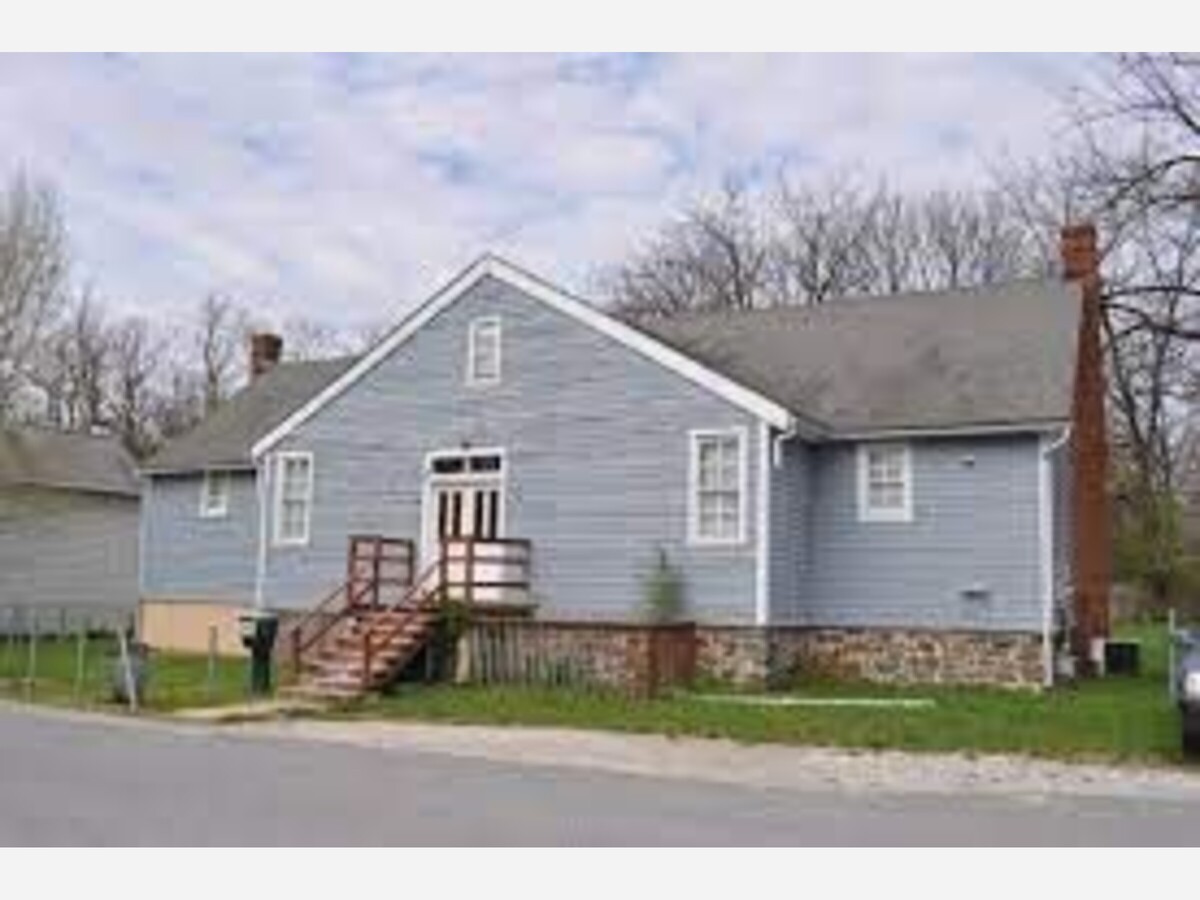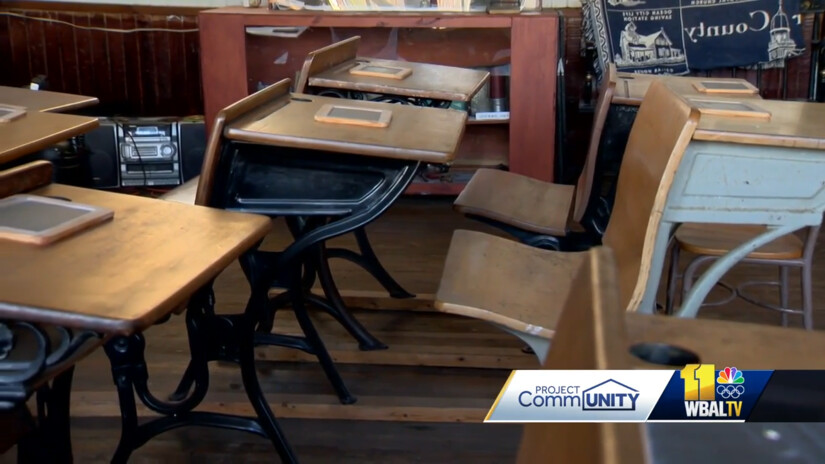Image

Community members are working to preserve the history of the old Lutherville Colored School No. 24. Tucked along School Lane on a quiet neighborhood street lies a little blue house with a whole lot of history.
The school opened in the early 20th century during segregation and was one of the only places where Black children could get an education. Duwyn Goldring wants people to know about the school that was built in 1908 and opened in 1909. It's a place that's intertwined with her family history.

Lutherville Colored School No. 24
By Gabrielle Clark with research support from Historical Society of Baltimore County
Constructed in 1908, Lutherville Colored School No. 24 is a simple two-room schoolhouse located on School Lane. Today, the building operates as a small museum of Maryland’s Black history and the appropriately named School Lane is a dead-end street located just a short distance away from a large highway interchange. From 1909 when the school first opened up until 1955, Black students enrolled in grades one through seven walked from nearby homes on Railroad and Seminary Avenues. Students came from Texas, Beaver Dam, Cockeysville, Riderwood, Ruxton, Brightside and Bare Hills, for their first seven years of education in Baltimore County’s racially segregated public schools.
The first three grades met in one room while, grades four through seven met in the second, larger room of the school. One teacher, Ms. Bea, taught the first three grades and two others, Mrs. Ross and Mr. Harris, taught grades four through seven. But the Lutherville school, like segregated schools throughout Baltimore and Maryland, was not only segregated but also inadequately funded.
The county school board paid Black teachers and administrators, including principal Roland Harris (who later served in World War II) and Mrs. Arabella Ross (who replaced Harris as principal), FINISH READING HERE